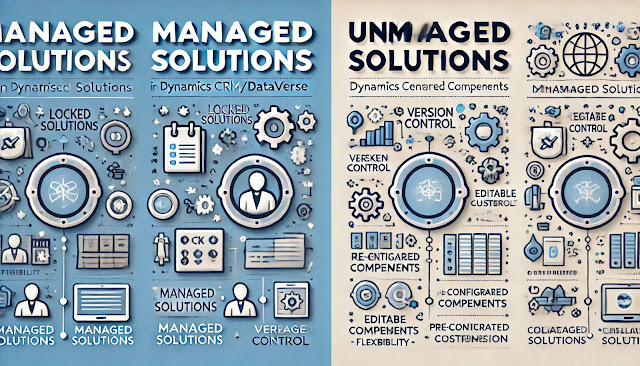Microsoft Dynamics 365 Customer Experience Analyst : Share templates
In Dynamics 365 Sales, sharing templates makes it easier for teams to collaborate and maintain consistency in communication and reporting. Sales professionals can create email templates, document templates (such as Word or Excel), or playbook templates, and then share them with colleagues to ensure standardized messaging, branding, and processes. For example, email templates can be shared so that all sales representatives use the same approved language when reaching out to prospects or customers. Similarly, document templates can be used across the team for proposals, quotes, or contracts, saving time and reducing errors. By sharing templates, organizations not only improve productivity but also ensure compliance with company standards and provide a unified customer experience.
- Consistency → Everyone uses the same approved branding and messaging.
- Efficiency → No need to reinvent the wheel for each email or document.
- Collaboration → Teams can build, refine, and improve templates together.
- Compliance → Helps follow company standards and legal or regulatory requirements.
- Create an email template in Dynamics 365 Sales.
- Use security roles or explicit sharing to grant access to other users or teams.
- Shared email templates appear in the Email Template selector when drafting messages.
- Create templates using the Developer > XML Mapping Pane in Word/Excel mapped to Dataverse fields.
- Save and upload into Dynamics 365 under Templates.
- Assign permissions so others in sales can use them for generating quotes, orders, or reports.
- Build playbook templates in Sales Insights.
- Share them across the team for handling common customer engagement scenarios.
- A sales manager creates a Word template for quotes and shares it with all sales reps, so everyone sends the same structured document to clients.
- A marketing team creates branded email templates and shares them with sales, ensuring that outreach messages are professional and consistent.
- A sales operations team creates a playbook for handling lost deals, and shares it across the organization to standardize response strategies.
- Saves time and effort
- Ensures a consistent customer experience
- Reduces errors and miscommunication
- Promotes collaboration across teams
- Helps scale processes as the sales team grows















Comments
Post a Comment